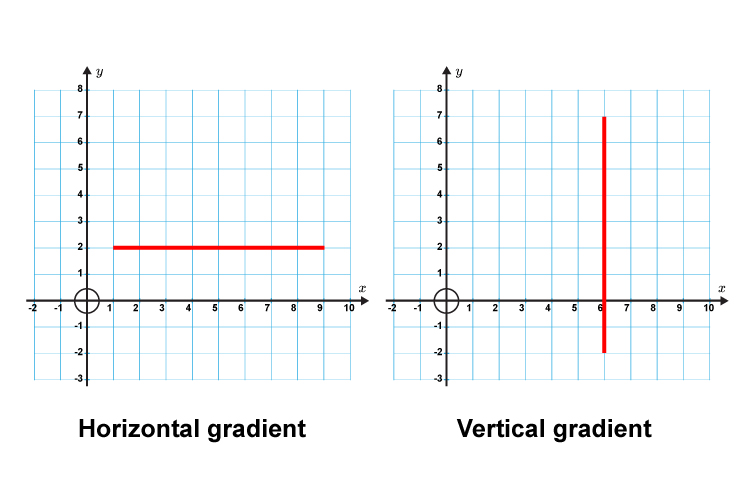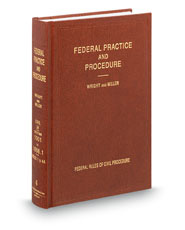 The Fifth Circuit reversed the dismissal of securities-fraud claims in Oklahoma Firefighters Pension & Retirement System v. Six Flags Entertainment Corp., holding that the district court had misread a prior appellate opinion. The Court stated, inter alia:
The Fifth Circuit reversed the dismissal of securities-fraud claims in Oklahoma Firefighters Pension & Retirement System v. Six Flags Entertainment Corp., holding that the district court had misread a prior appellate opinion. The Court stated, inter alia:
Any fair reading shows why our prior opinion very clearly did not hold the alleged fraud was fully disclosed by October 2019. The most obvious sign is the absence of any statement expressly concluding that all purported fraud was fully disclosed by October 2019 and that therefore, the class period was truncated. Given that such a conclusion would all but end the case as to Oklahoma Firefighters, it stands to reason that if that was actually our decision, we would have said so explicitly. To borrow a familiar phrase from statutory interpretation principles, we do not “hide elephants in mouseholes.”
No. 23-10696 (April 18, 2024) (citation omitted).





